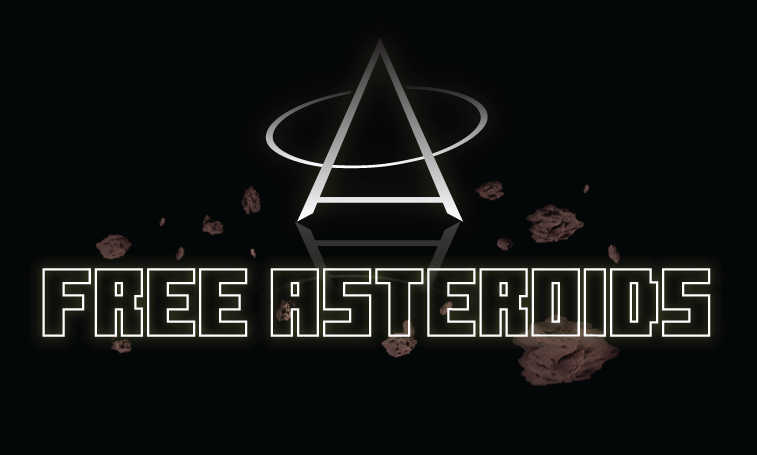MolaKule
Staff member
A new study by LLNL suggests Nuking NEO's.
"The hydro simulation in Spheral provided the basis for the analysis: 1 Megaton at a few meters standoff distance from a 100-meter diameter asteroid (with Bennu shape)..."

 www.universetoday.com
www.universetoday.com
"The hydro simulation in Spheral provided the basis for the analysis: 1 Megaton at a few meters standoff distance from a 100-meter diameter asteroid (with Bennu shape)..."

You Can Blow Up an Asteroid Just a few Months Before it Hits Earth and Prevent 99% of the Damage
What if an asteroid heads right for us and we don't have enough advance warning to deflect it? Could we just blow it up? A new study says "probably."
 www.universetoday.com
www.universetoday.com


